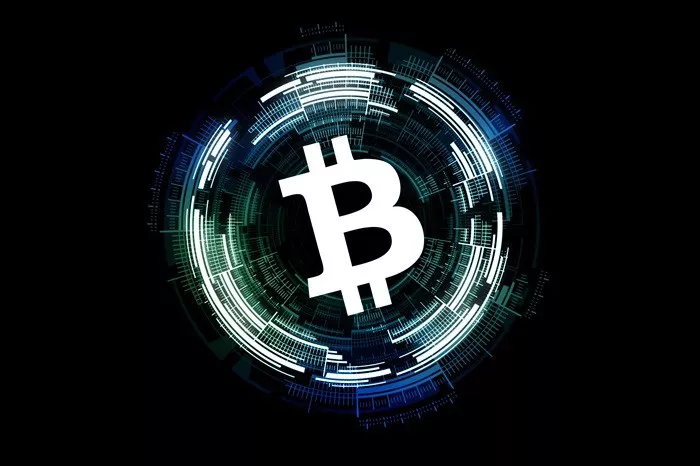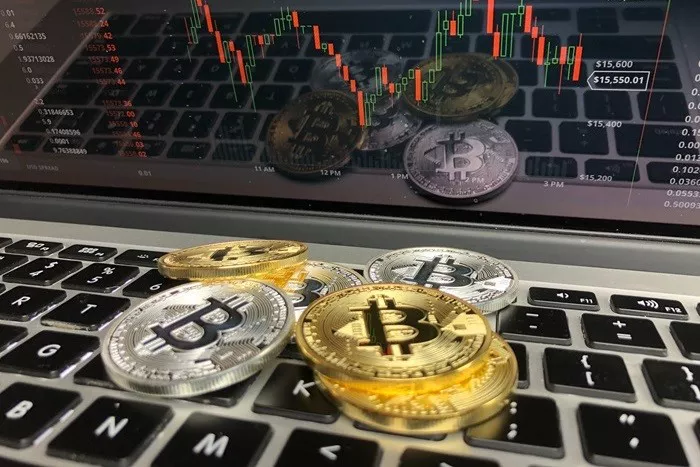Cryptocurrency exchanges are the gateways to the world of digital assets, offering platforms for buying, selling, and trading cryptocurrencies. Security is a paramount concern for anyone involved in cryptocurrency trading, as the decentralized nature of these assets makes them attractive targets for cybercriminals. In this article, we will explore the top five most secure cryptocurrency exchanges, evaluating their security measures, user protection protocols, and overall reliability.
1. Coinbase
Overview
Coinbase is one of the most popular cryptocurrency exchanges in the United States, known for its user-friendly interface and robust security measures. Established in 2012, Coinbase has built a reputation for being a safe and reliable platform for both beginners and experienced traders.
Security Measures
Coinbase employs a variety of security measures to protect its users’ assets:
Two-Factor Authentication (2FA): Coinbase requires 2FA for all accounts, adding an extra layer of security beyond just a password.
Cold Storage: Approximately 98% of customer funds are stored offline in cold storage, which significantly reduces the risk of hacking.
Insurance Protection: Coinbase holds an insurance policy to cover potential losses from a breach of their online storage.
Encryption: All sensitive data is fully encrypted, and wallets and private keys are encrypted using AES-256.
User Protection Protocols
Coinbase has a comprehensive user protection protocol that includes identity verification and anti-money laundering (AML) measures. The exchange also adheres to strict regulatory standards, ensuring compliance with financial laws and regulations.
Reliability
With a track record of minimal security incidents and a strong regulatory framework, Coinbase is widely regarded as one of the most secure exchanges in the cryptocurrency market.
See Also: 8 Best Cryptocurrency Exchanges
2. Binance
Overview
Binance is one of the largest cryptocurrency exchanges globally, offering a vast array of trading pairs and advanced trading features. Founded in 2017, Binance has quickly become a dominant player in the crypto space.
Security Measures
Binance has implemented several high-level security measures to protect its users:
Secure Asset Fund for Users (SAFU): Binance allocates 10% of all trading fees to its SAFU, which acts as an emergency insurance fund to protect users in case of security breaches.
Advanced Encryption: Binance uses advanced encryption protocols to secure user data and funds.
Multi-tier & Multi-cluster System Architecture: This architecture enhances security by distributing data across multiple layers and clusters, reducing the risk of a single point of failure.
2FA and Biometrics: Users can enable 2FA and biometric authentication for additional security.
User Protection Protocols
Binance requires comprehensive identity verification for its users and employs robust AML and KYC (Know Your Customer) policies. The exchange also monitors transactions for suspicious activity, ensuring compliance with global financial regulations.
Reliability
Despite a high-profile hack in 2019, where Binance lost $40 million in Bitcoin, the exchange’s response and subsequent improvements in security have bolstered its reputation. The SAFU fund covered the losses, and Binance has since enhanced its security measures, making it one of the most secure exchanges available.
3. Kraken
Overview
Kraken is one of the oldest cryptocurrency exchanges, established in 2011. It is known for its strong focus on security and regulatory compliance, catering to both individual traders and institutional investors.
Security Measures
Kraken’s security measures are among the most stringent in the industry:
Cold Storage: The majority of Kraken’s funds are stored in offline cold wallets.
Server Security: Kraken’s servers are located in secure cages under 24/7 surveillance by armed guards and video monitors.
Penetration Testing: Regular internal and external penetration testing ensures that Kraken’s security protocols are up to date and effective.
Global Settings Lock (GSL): GSL prevents any changes to account settings for a set period, protecting against unauthorized access.
User Protection Protocols
Kraken enforces strict AML and KYC policies, requiring users to verify their identities to access higher withdrawal limits and trading features. The exchange also offers 2FA and PGP (Pretty Good Privacy) encryption for email communication.
Reliability
Kraken has a solid reputation for security and reliability, with no major security breaches reported in its history. The exchange’s comprehensive security measures and proactive approach to protecting user funds make it a trusted platform for cryptocurrency trading.
4. Gemini
Overview
Founded by the Winklevoss twins in 2014, Gemini is a regulated cryptocurrency exchange based in New York. It emphasizes security and regulatory compliance, making it a preferred choice for institutional investors.
Security Measures
Gemini’s security infrastructure includes several robust measures:
Cold Storage: Most of Gemini’s assets are held in cold storage, with only a small portion kept in hot wallets for liquidity purposes.
SOC 2 Type 2 Compliance: Gemini is SOC 2 Type 2 compliant, meaning it has undergone rigorous audits to verify the security and integrity of its systems.
Insurance Coverage: Gemini maintains insurance coverage for the digital assets it holds in hot wallets.
Multi-Signature Technology: This technology ensures that multiple approvals are required to access funds, adding an extra layer of security.
User Protection Protocols
Gemini adheres to strict KYC and AML protocols, requiring comprehensive identity verification for all users. The exchange also offers 2FA and employs advanced monitoring systems to detect and prevent suspicious activities.
Reliability
Gemini’s strong regulatory compliance and commitment to security have earned it a reputation as one of the most reliable cryptocurrency exchanges. Its emphasis on transparency and user protection makes it a top choice for security-conscious traders.
5. Bitstamp
Overview
Bitstamp is one of the longest-running cryptocurrency exchanges, founded in 2011. Based in Luxembourg, Bitstamp serves a global customer base and is known for its security and regulatory adherence.
Security Measures
Bitstamp’s security framework includes several key components:
Cold Storage: The vast majority of user funds are stored offline in cold storage.
Two-Factor Authentication (2FA): 2FA is mandatory for all Bitstamp accounts.
Multi-Sig Wallets: Bitstamp uses multi-signature wallets to ensure that multiple keys are required to authorize transactions.
Regular Audits: Bitstamp undergoes regular security audits to ensure the integrity of its systems.
User Protection Protocols
Bitstamp follows strict KYC and AML policies, requiring users to verify their identities. The exchange also uses PGP encryption for email communication and offers various account security features such as whitelisting withdrawal addresses.
Reliability
With over a decade of operation, Bitstamp has a proven track record of security and reliability. Its comprehensive security measures and regulatory compliance make it a trusted platform for cryptocurrency trading.
Conclusion
When choosing a cryptocurrency exchange, security should be a top priority. The exchanges listed above—Coinbase, Binance, Kraken, Gemini, and Bitstamp—are among the most secure in the industry, each offering robust security measures, user protection protocols, and a strong track record of reliability. By prioritizing security, these exchanges provide a safe environment for users to buy, sell, and trade cryptocurrencies, ensuring peace of mind in the volatile world of digital assets.
Related topics:


























